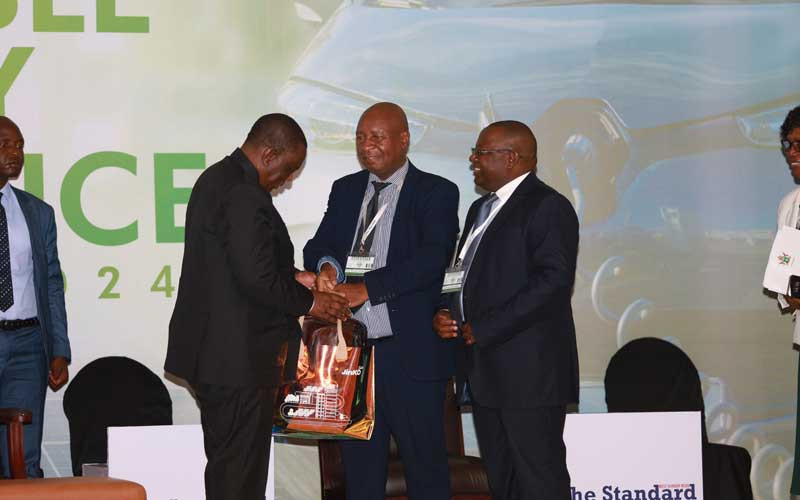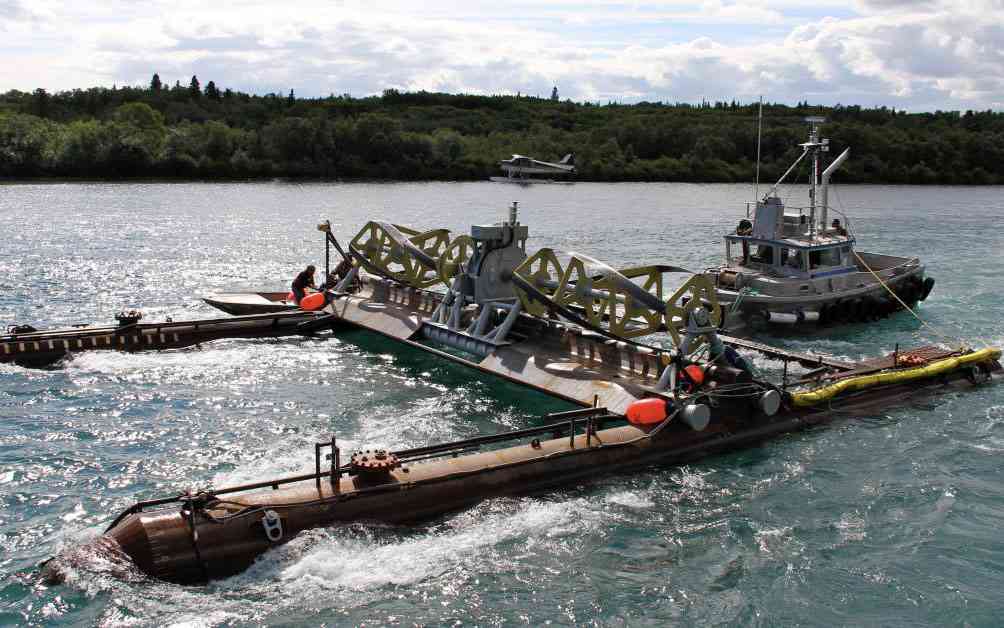
Last month The Standard, in collaboration with the Power and Energy Development ministry, held the Fifth Edition of the International Renewable Energy Conference and Expo in Victoria Falls, which ran under the theme Building a Sustainable Energy Future.
The Standard is published by Alpha Media Holdings (AMH) alongside NewsDay and Zimbabwe Independent. AMH also operates tele-radio station Heart&Soul. Below resolutions are resolutions from the conference.
- Noting that the European Union (EU) has a US$163 billion fund dedicated to financing infrastructure projects including Energy in Africa, the government calls upon Zimbabwe’s private sector, including local (independent power producers) IPPs to engage the EU to explore funding opportunities. Engagements can be done through conferences, seminars, breakfast meetings or any other opportunities favourable to both the government and the EU.
- Realising that the Canadian government has set-up funding opportunities for African countries such as the “Canada - Africa Development Bank Climate Facility” among others, the government of Zimbabwe is encouraged to further engage the Canadians on investment opportunities in mitigation projects anchored on renewable energy.
- Noting that Old Mutual has been funding local IPPs in the renewable energy (RE) sector, the Ministry of Energy should lobby the Insurance and Pensions Commission and many other local pension funds to also consider funding RE projects. Old Mutual, the United Nations family and Ministry of Energy are urged to urgently operationalise the pledged US$10 million (leveraged to US$45 million through co-financing) Sustainable Development Goal Renewable Energy Fund.
- Aware that the issues of currency risk, currency convertibility, certainty of payments and repatriation have persistently been raised by IPP project developers, the Ministry of Energy is encouraged to continue lobbying responsible authorities for solutions to address these challenges.
The Energy and Power Development ministry should expedite the crafting of the integrated resource plan guided by the experience of Zambia and other African countries. Realising that net metering uptake is often affected by cost of the meter and grid integration studies, the utility should proceed to waive some of the attended costs in order to accelerate and fast track net metering connections. The regulations should also be amended with the intention of monetising the power exchanged between the customer and the utility and also allow for virtual net metering.
- Realising that environment and social impact assessments for rooftop solar systems may not be necessary, the conference hereby calls upon the ministry responsible for energy to engage the ministries responsible for environment to resolve this matter.
- Noting that e-mobility is the preferred mode of climate friendly transport and that upfront cost may be prohibitive, the Ministry of Energy should lobby the Ministry of Finance to approve and implement incentives contained in the draft e-mobility policy and roadmap. The Zimbabwe Energy Regulatory Authority and Standard Association of Zimbabwe to ensure that standards for electric vehicles and charging stations are publicised across all media platforms.
- The national utility to be sensitised of the need to consider large scale battery storage systems, which favour the integration of variable renewables into the grid. Tariff models for utility battery storage systems should be developed.
- Realising that there are many households who are on the waiting list for grid connection, and that smart metering cannot be avoided, the government is called upon to consider assembling and manufacturing smart meters. The South African experience is a good case study.
- Noting that the energy efficiency (EE) policy has been crafted and awaits Cabinet approval and that EE is the first fuel, stakeholders are encouraged to launch an EE campaign on both print and electronic media and other platforms.
- Aware that previous projects on energy access, particularly renewable energy mini-grids have experienced sustainability challenges, the Ministry of Energy should ensure that all mini-grid projects incorporate productive use of energy facilities.











